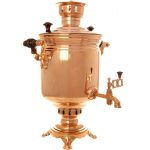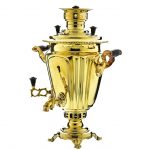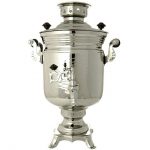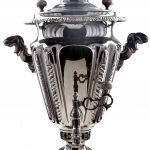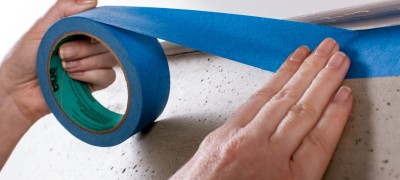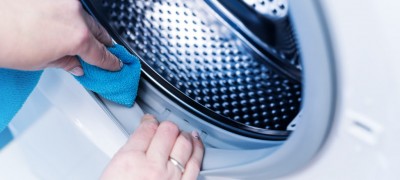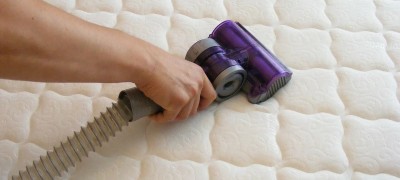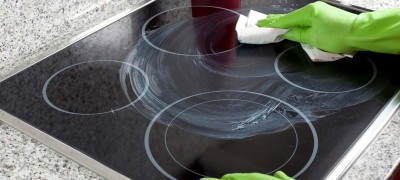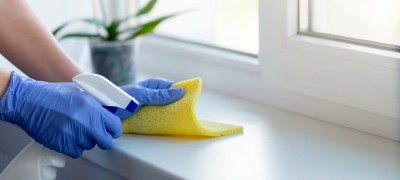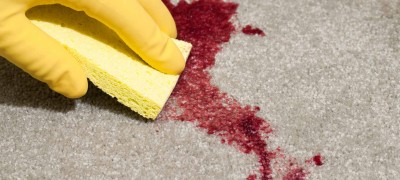How and what to clean a samovar at home
True connoisseurs of tea know that no kettle, especially an electric one, can replace the good old samovar.
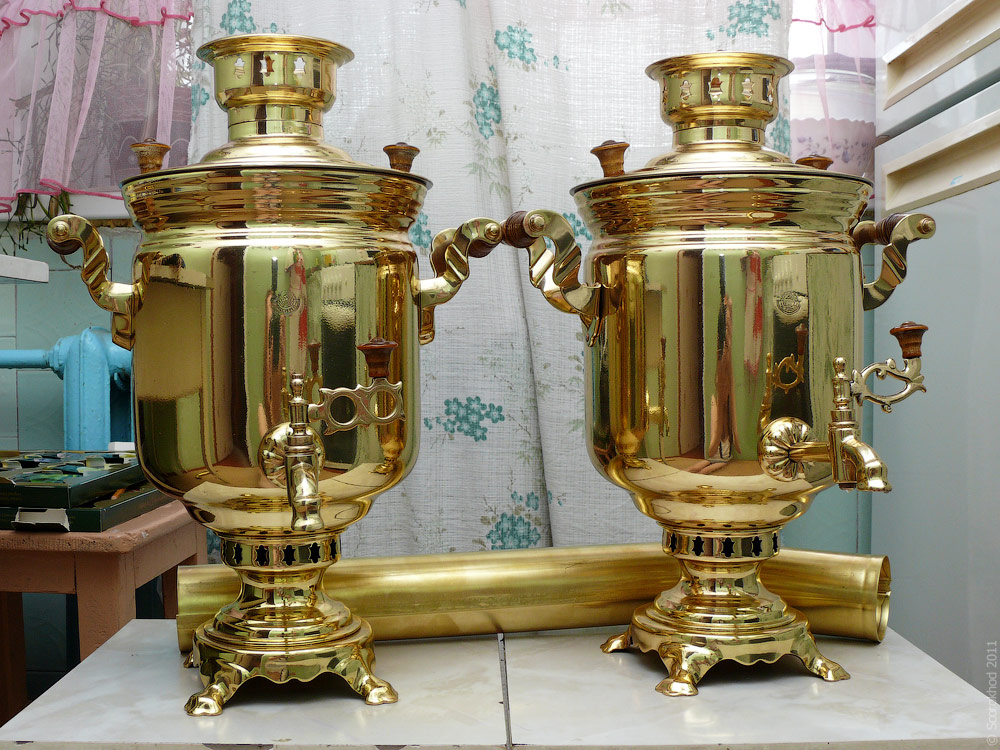
However, this traditional product, which has come to us from time immemorial, becomes stained from time to time, with which something needs to be done. We will figure out how to clean a samovar, how to return it to its original shine, and also what needs to be done so that it has to be polished as rarely as possible.
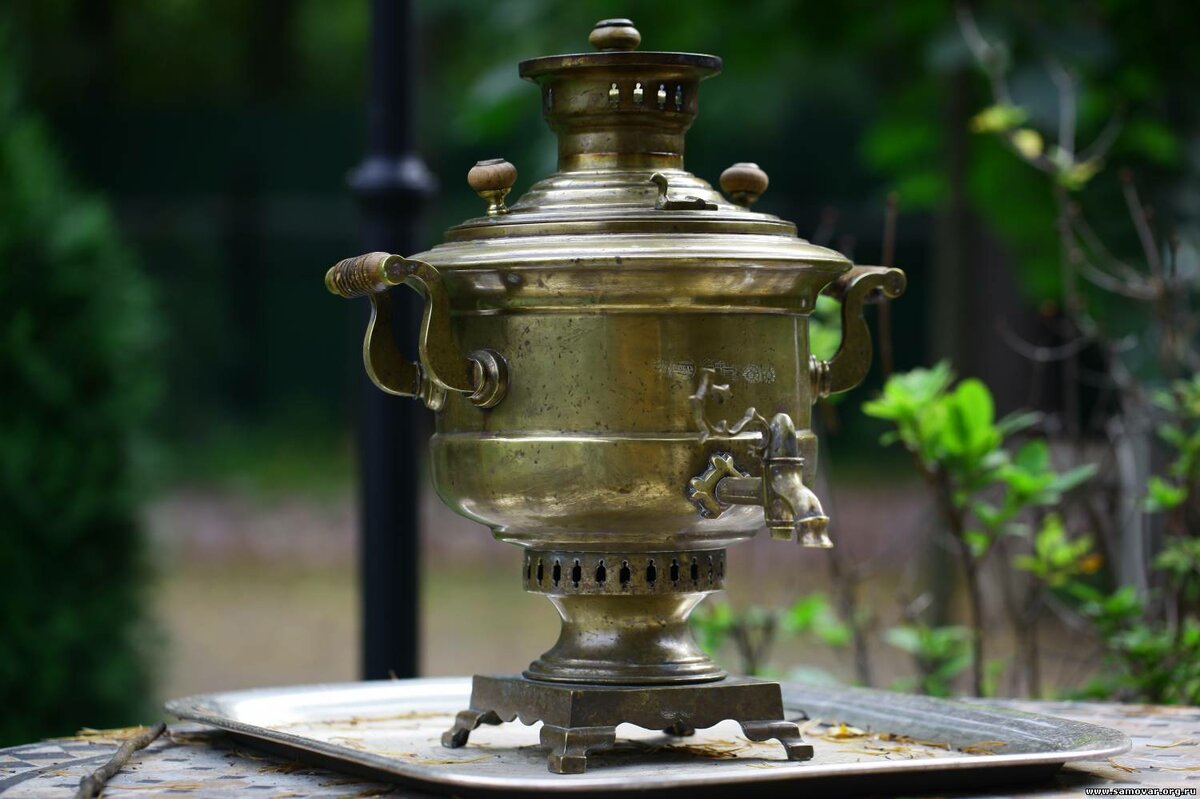
Samovar preparation
In order to properly clean a samovar and not spoil anything, you need to take into account the material from which it is made. Whether it is an antique or a modern piece, there is a 100% chance that it is made of brass, stainless steel, copper or other metal.
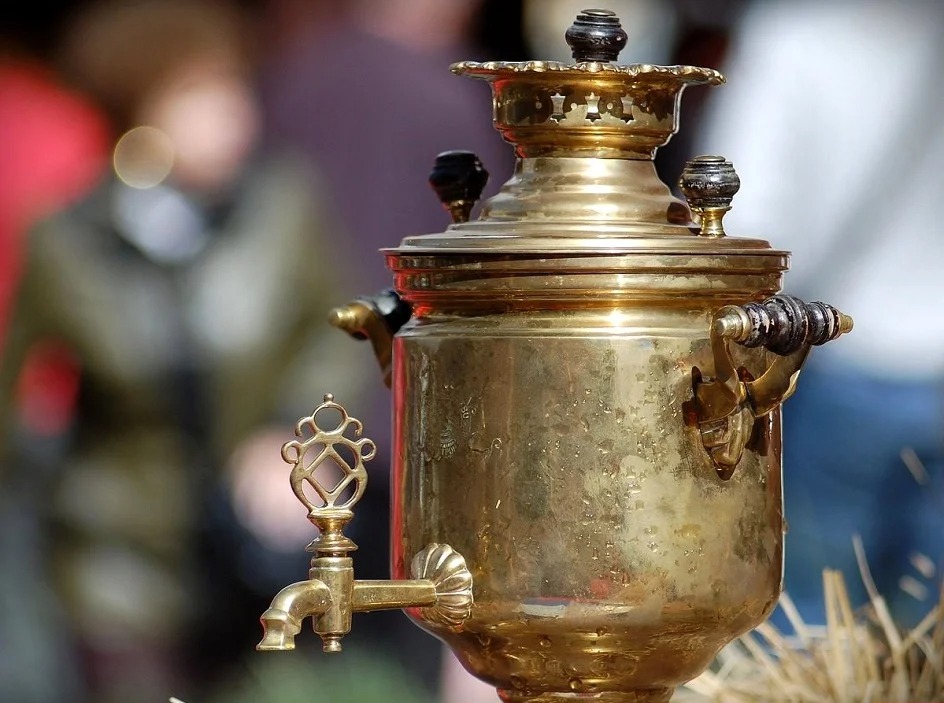
Main materials:
- Copper.
- Brass (on brass products you can often see markings in the form of the letter "L").
- Stainless steel.
- Chrome and Nickel.
- Metal with decorative gilding.
Sometimes there are more exotic options for body materials and removable parts, but they are so rare that there is no point in considering them.
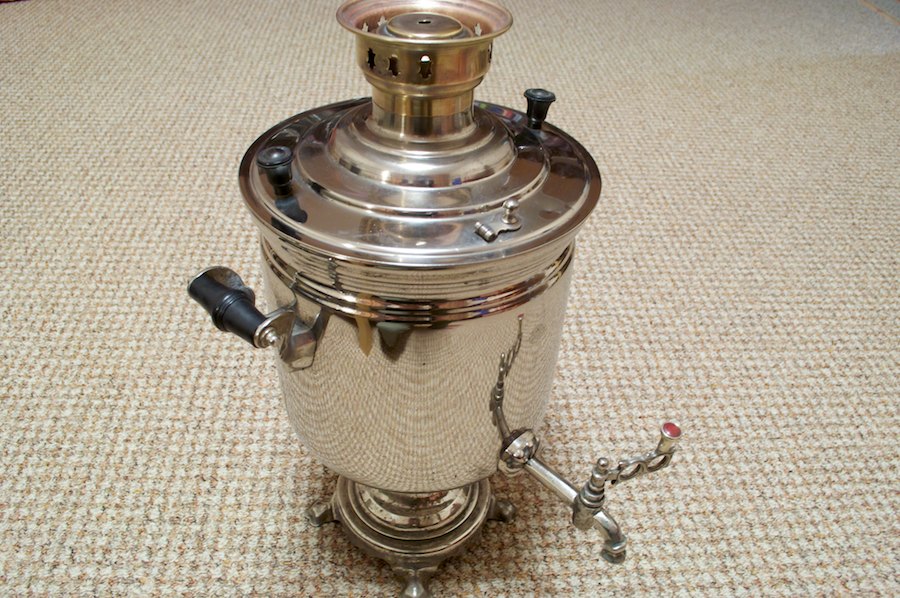
The material will affect the conditions of detention, suitable cleaning agents, and surface cleaning methods. Each of them has its own characteristics.
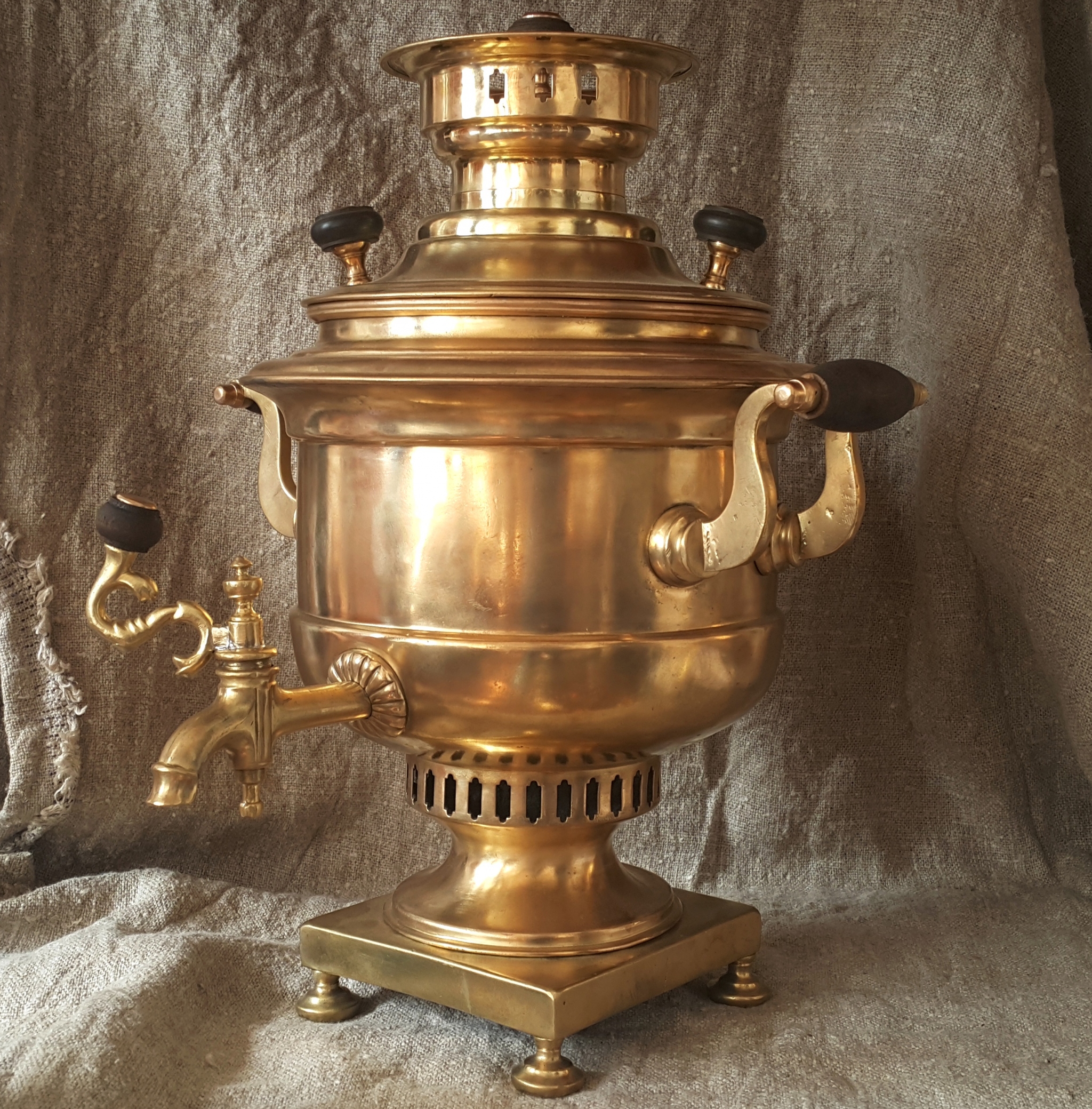
In any case, before cleaning the samovar, you need to drain the water from it and remove all removable parts: crown, stand, handles and faucet. The electrical product must first be disconnected from the mains.
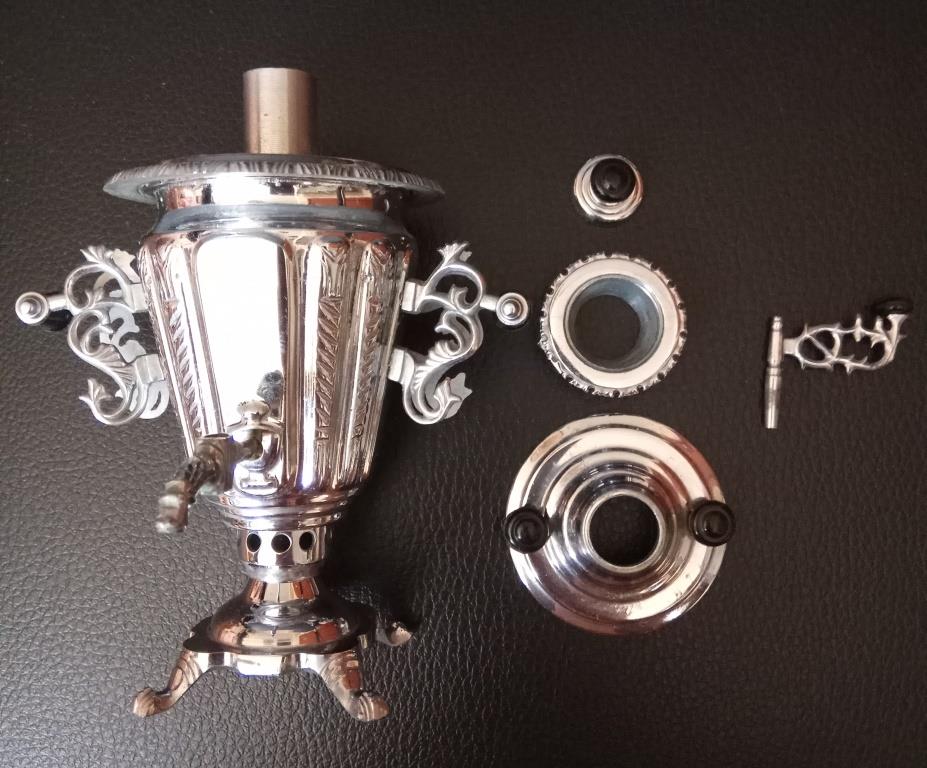
What can not be cleaned
Stainless steel products cannot be cleaned with products containing various chlorine compounds. It is highly discouraged to use abrasives for all types of enclosures, whether it be products with abrasive particles or sandpaper.
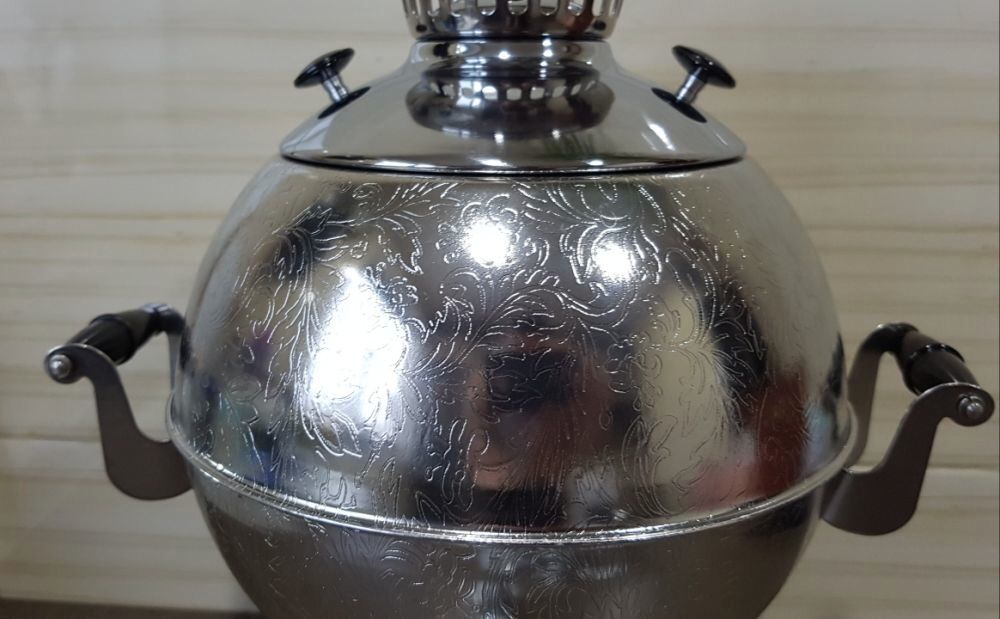
Samovars with brass and copper bodies, as well as products with various decorative coatings, are especially sensitive to mechanical stress. For the same reason, coarse fabrics and hard brushes should be avoided. Please note that brass does not tolerate acids, and it is undesirable to clean nickel with soda or powder.
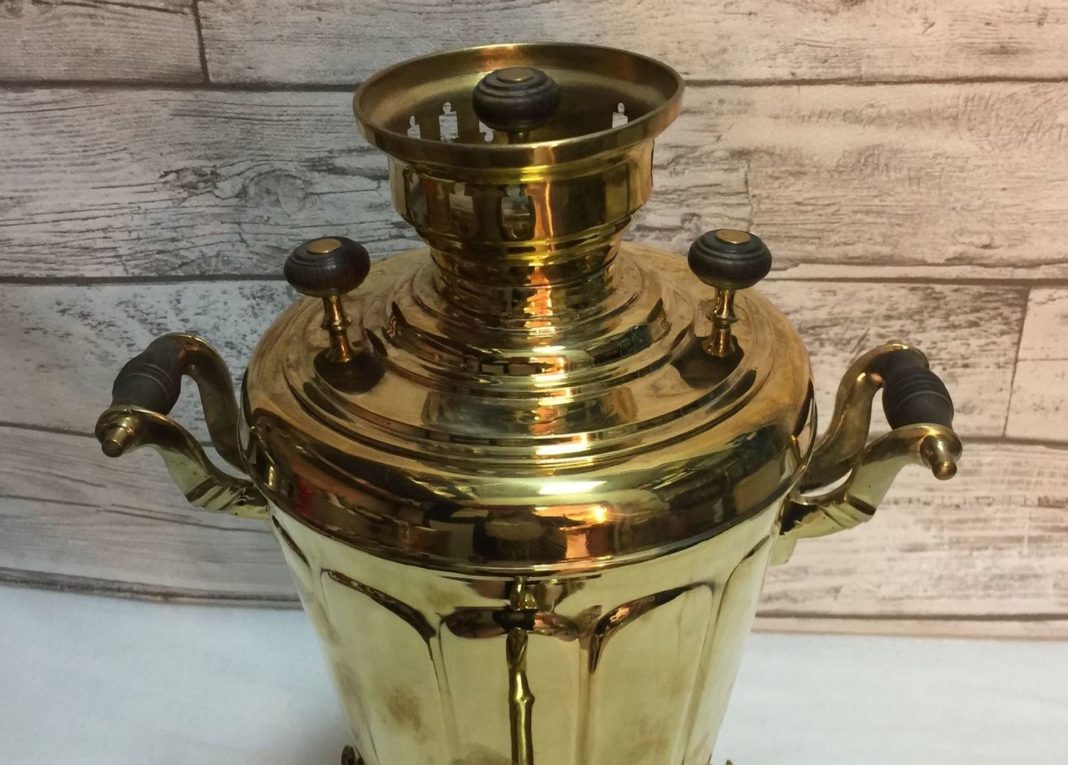
Instructions for cleaning the samovar to shine
To clean a samovar inside and out, you need to take into account the material. However, in any case, you first need to degrease the surface, then wash the case, and at the end, rinse and polish again.
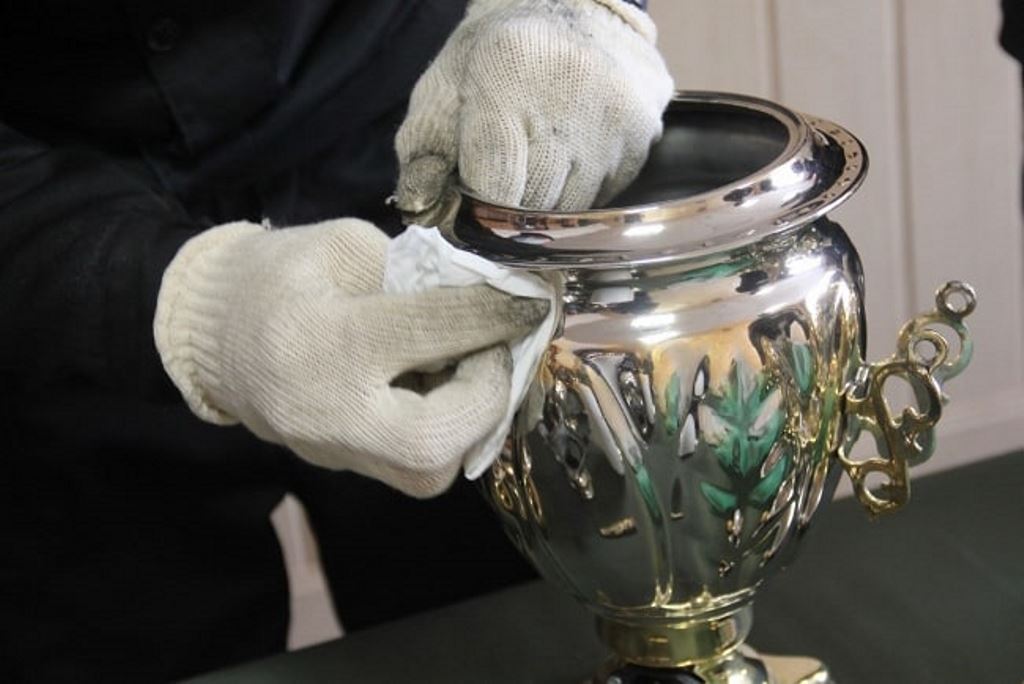
Degreasing the surface
A copper samovar is easy to clean with regular lemon. Brass - a solution of tooth powder (2 tablespoons) and ammonia (3 tablespoons) in a 200-gram container with water. The old way, time-tested.
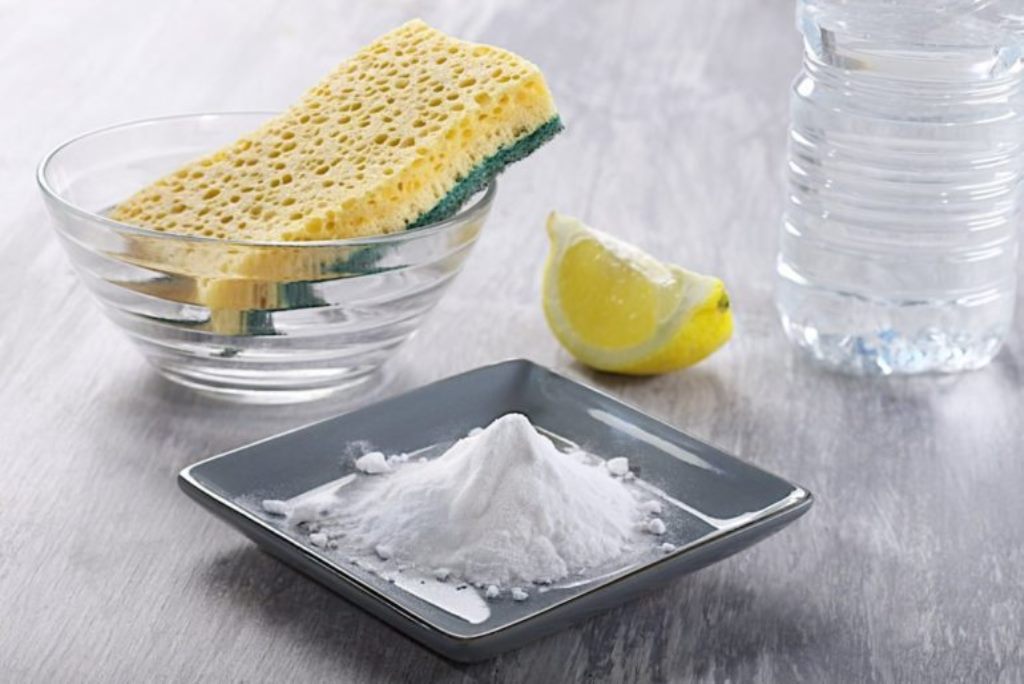
Note! The toothpaste must not contain abrasive particles! Otherwise it is easy to ruin the brass surface with scratches.
After applying the solution, let the samovar stand for 50-60 minutes, and only then rinse it again with plain warm water.
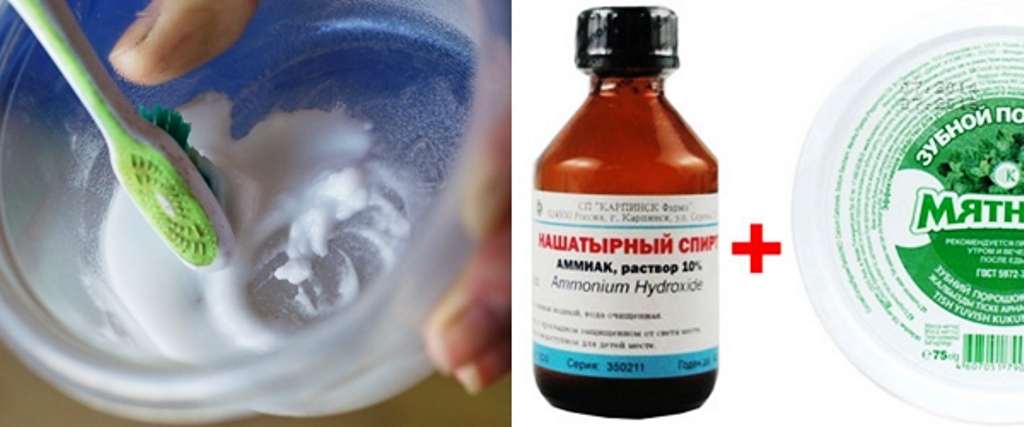
For nickel, you can use a solution of sodium chloride in vinegar. The recipe is simple. Add a few drops of vinegar to the salt, clean the case and removable parts with the resulting paste using a soft cloth, rinse with water after at least thirty minutes.
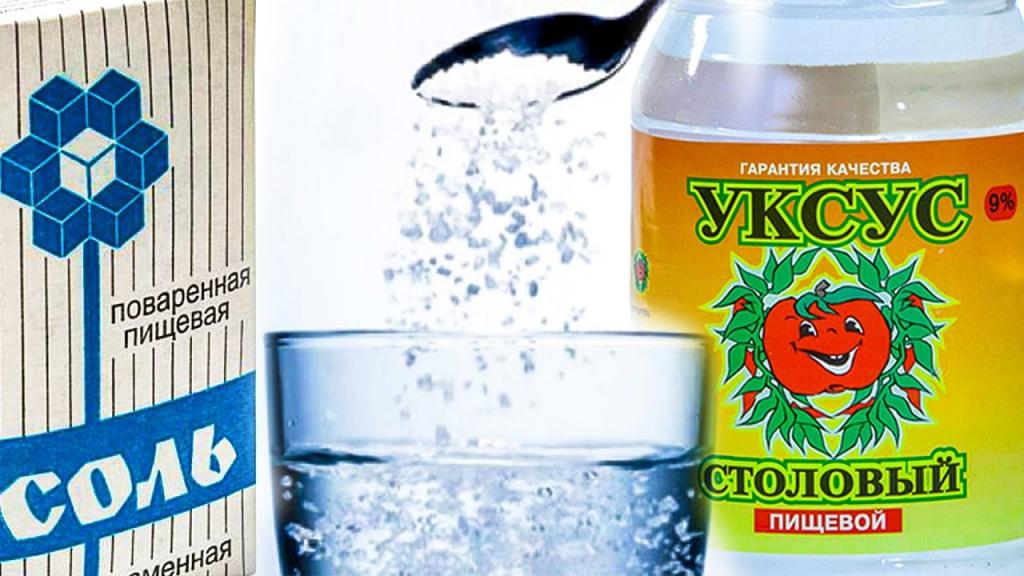
We should also mention the popular folk remedy for limescale - citric acid. One packet is enough. Application method:
- Pour about a third of the water into the container.
- Add acid.
- Bring water to a boil.
- Boil for 30-40 minutes.
- Let it stand for several hours, until all the scale is exfoliated.
- Rinse the samovar well with plain water several times to remove acid and scale residues.
- Everything! You can get ready for the next tea party.
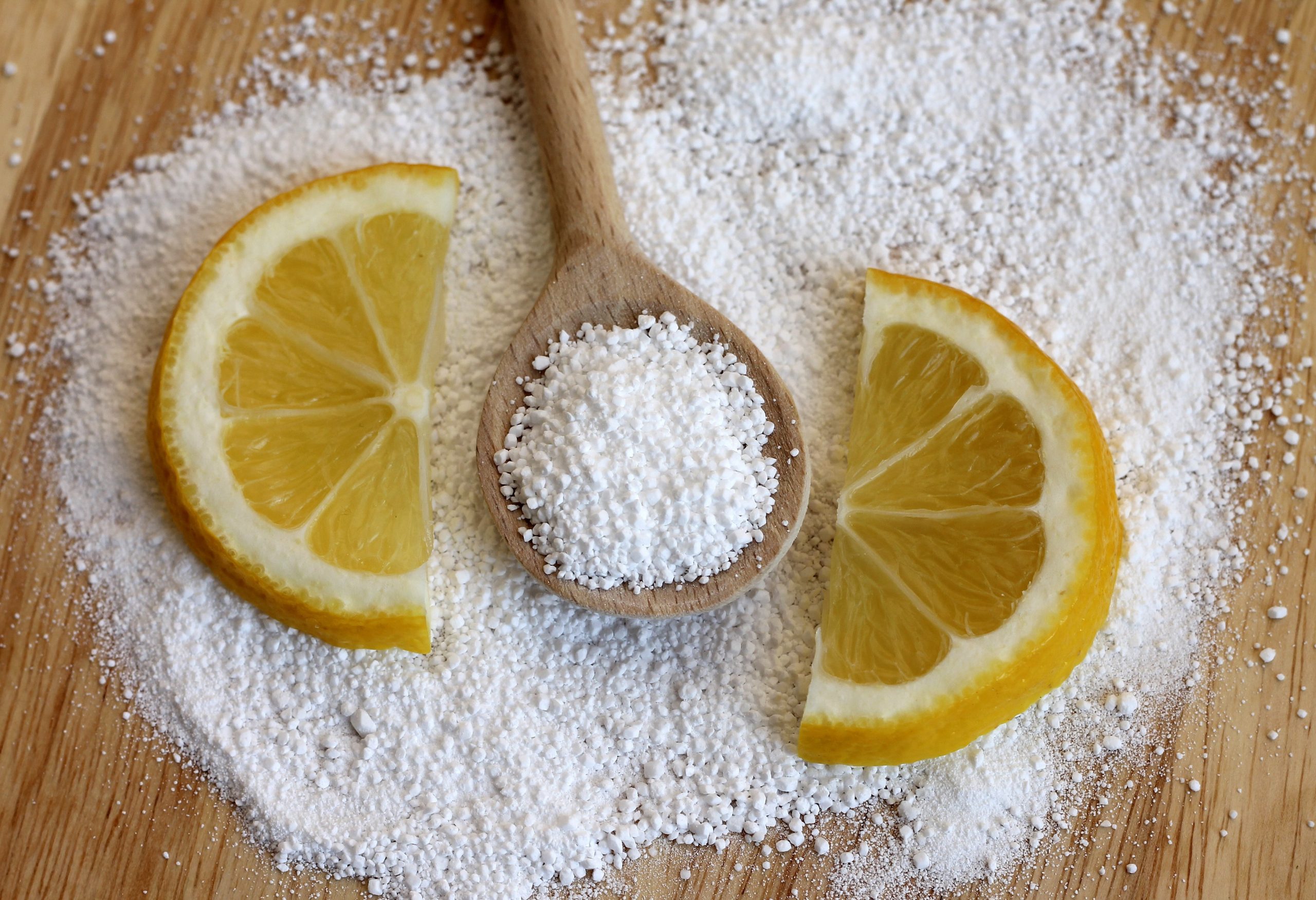
Use of oxalic acid
Any samovar can be cleaned at home. Only the means for this will require different. So, for example, oxalic acid will be a good answer to the question of how to clean a brass or steel samovar at home.
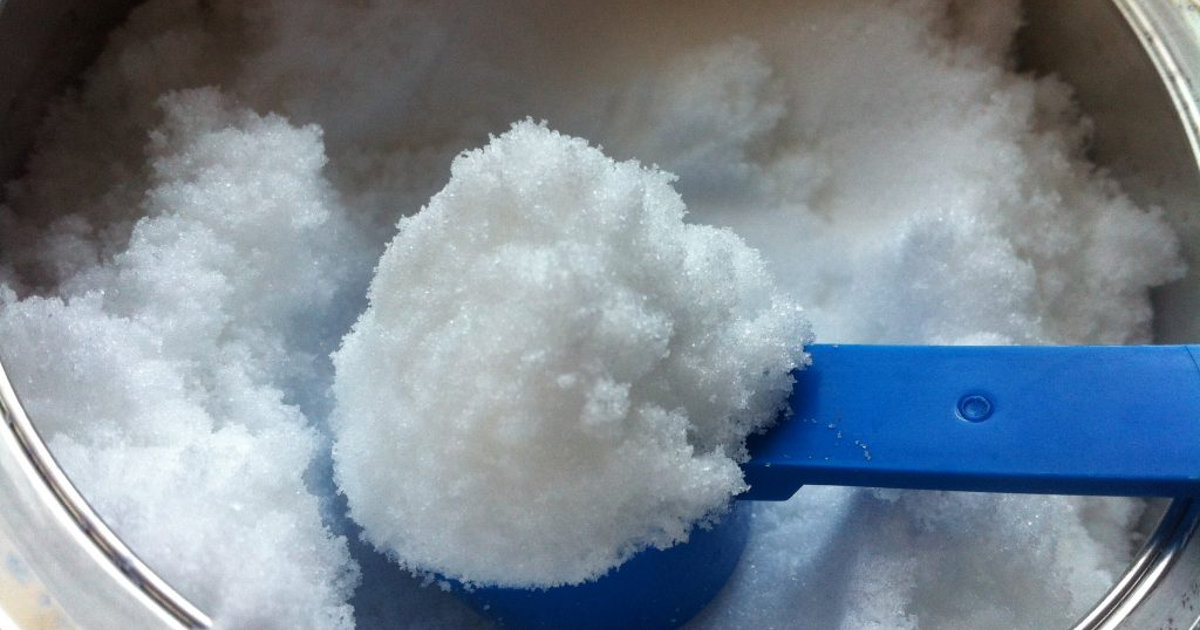
First, a solution of oxalic acid is prepared at the rate of 2 ml of acid for every 100 ml of water. You can apply the product to antique brass or stainless steel with a soft paint brush or cotton pad. After that, the surface is left for 50-60 minutes, then the acid residues are neutralized with soda, then the body is washed again.
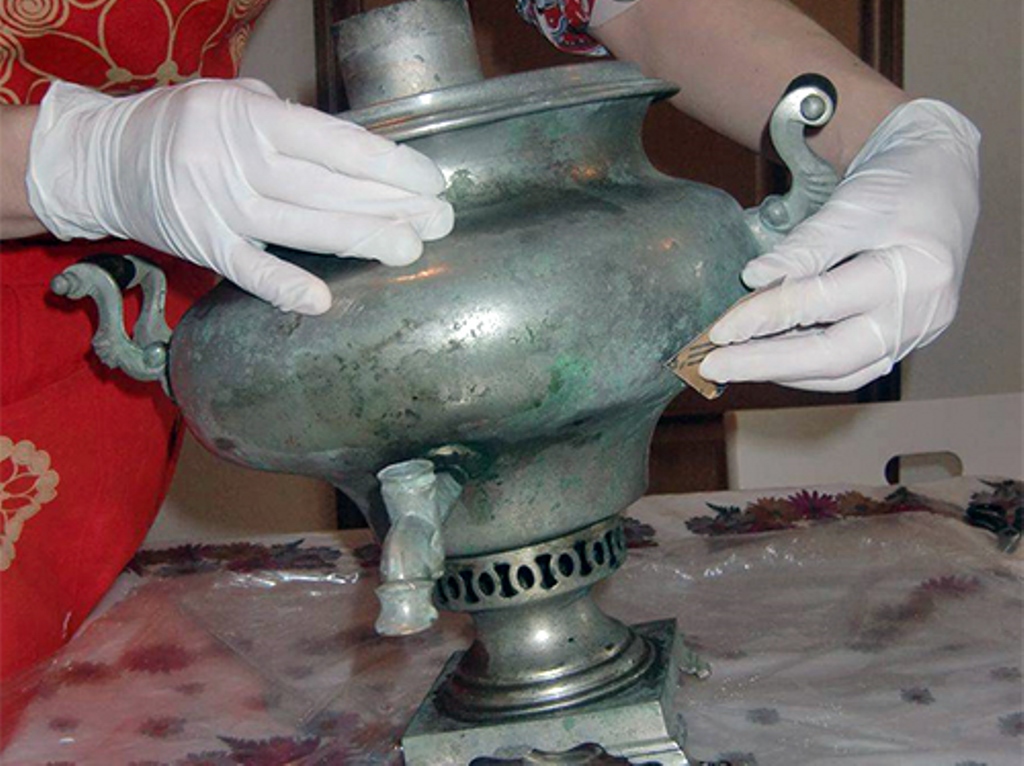
We rinse again
Whatever cleaning composition you use, the samovar will definitely need to be rinsed at least once again with plain water. If acid has been used for cleaning, it must be neutralized with alkali before rinsing. The most affordable alkaline solution you'll find in any home is regular baking soda.
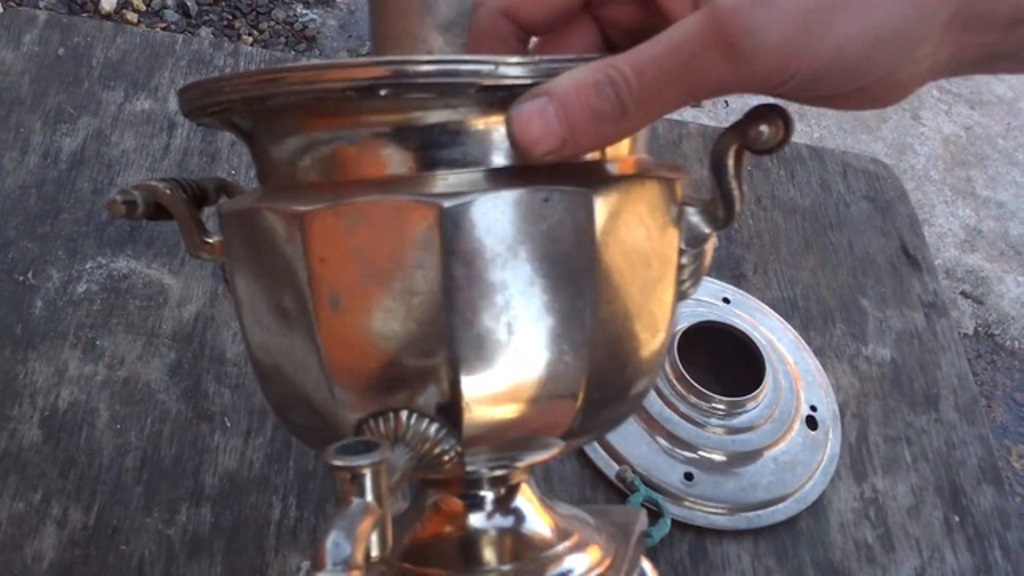
Rub with a lint-free cloth
Returning the original shine to a metal surface will not work without polishing. A washed and dried samovar is best polished with a soft, lint-free cloth.
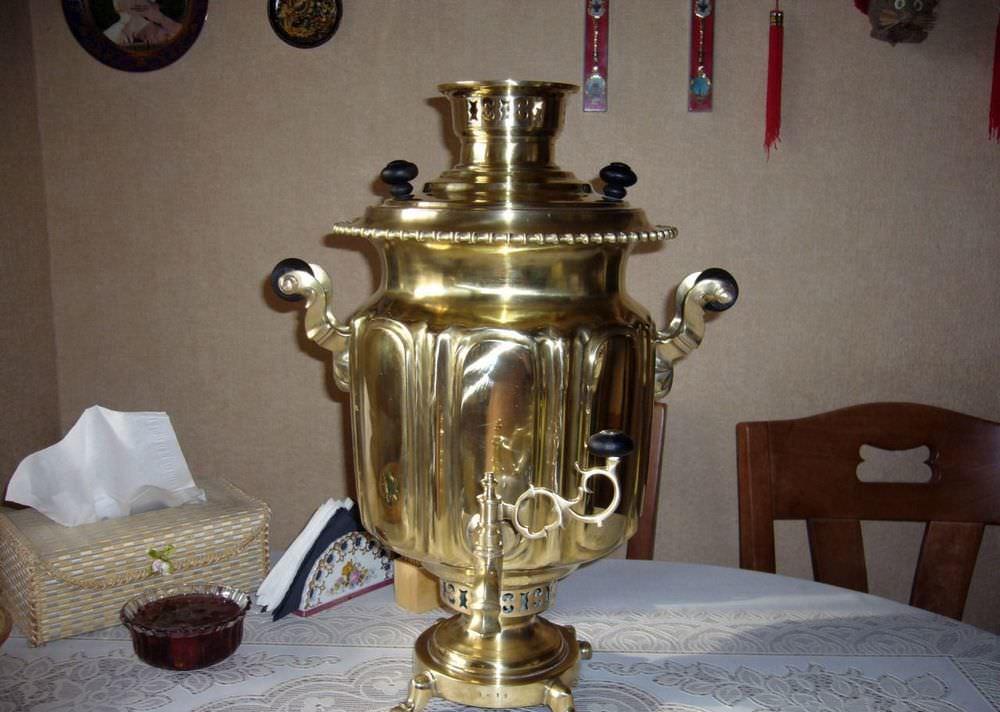
If the water container is severely damaged, regular polish may not be enough. GOI paste works better with deep scratches. All GOI pastes are made on the basis of chromium, but differ in abrasive properties. So, paste No. 4 is used to eliminate minor defects and leaves behind a matte surface. Pastes Nos. 1-3 give shine. # 1 is used for fine polishing, # 2 for fine, # 3 for medium sanding.
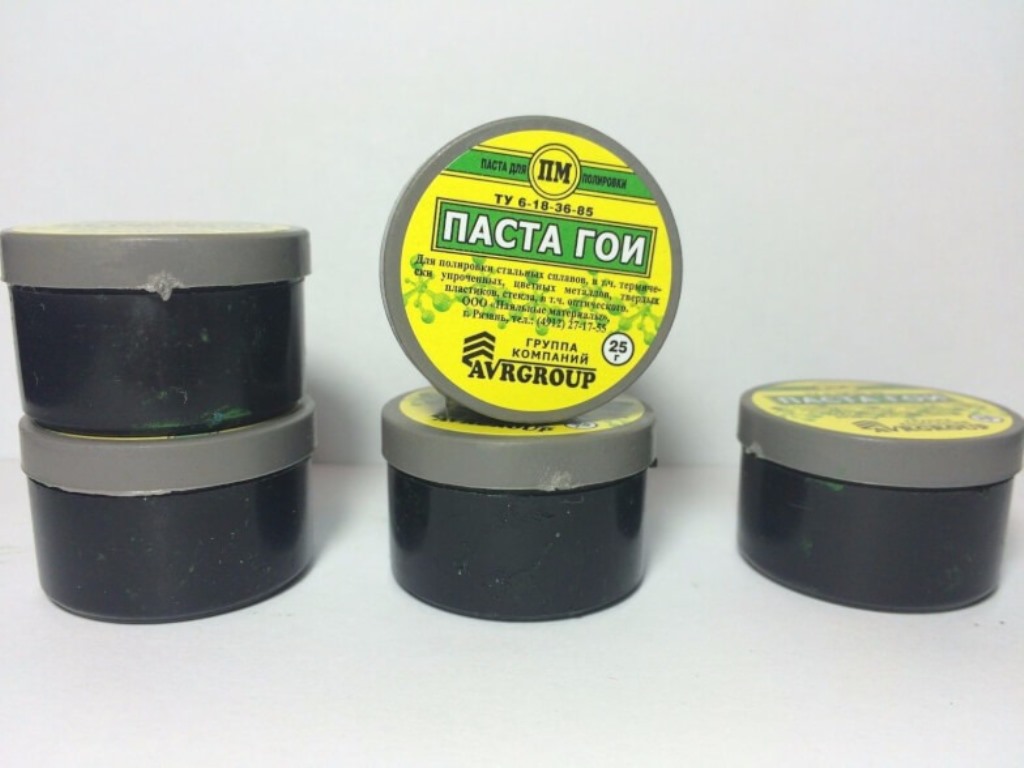
And a few tips for care:
- Traditional samovars heated on coals should be cleaned of carbon deposits and soot after each use. Otherwise, you will have to seriously tinker later.
- No product can be heated without water.
- Water should be poured into the samovar only before you are going to brew tea. After tea drinking, excess liquid is drained. A samovar filled with water should not stand idle.
- It is worth polishing the outer surfaces at least once every four weeks.
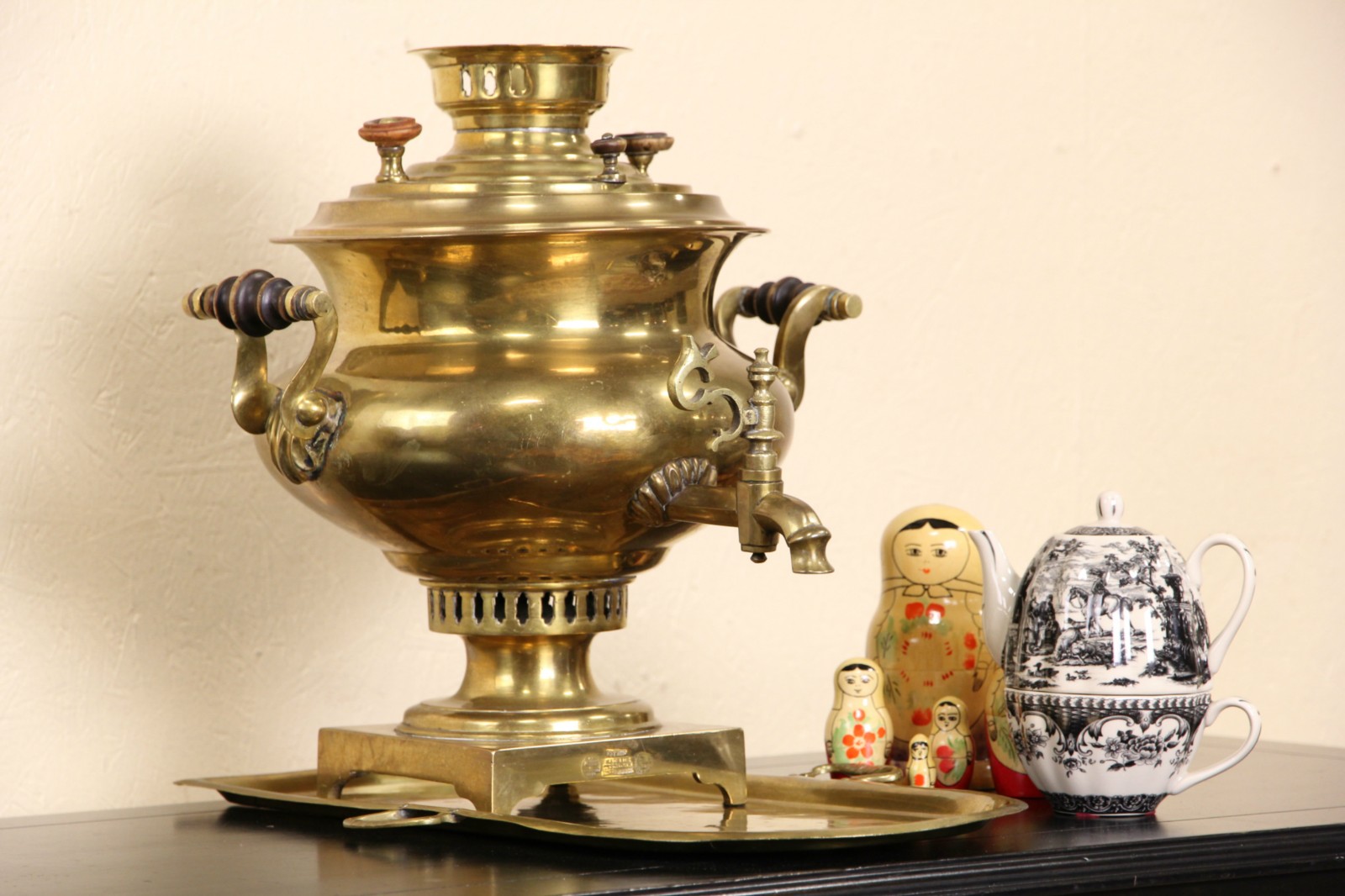
Good condition of a samovar depends not only on regular cleaning and polishing, but also on storage conditions. Keep it in a dry place. Pour water only in preparation for tea drinking, and after that it is necessary to drain the excess.
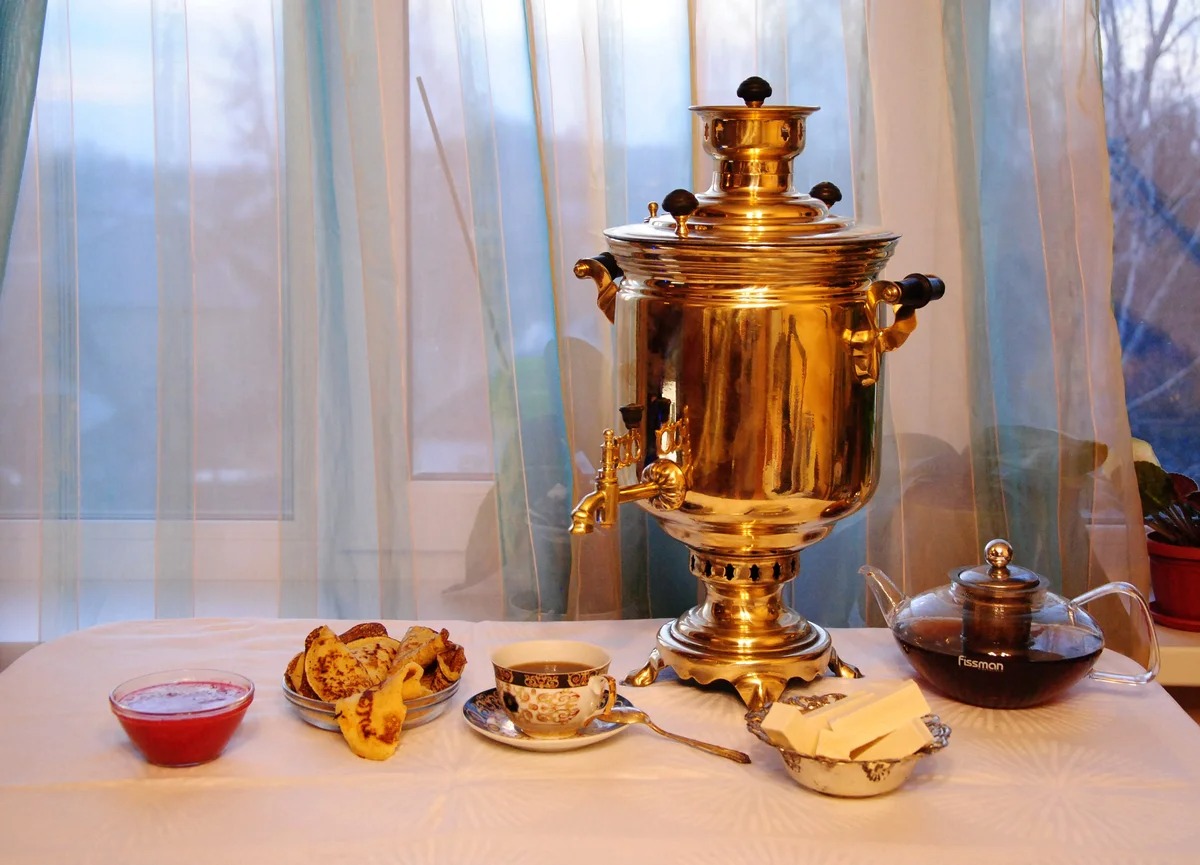
The device must not stand full of liquid. Handle with care during transport, especially if the product is made of copper. Copper is very sensitive to mechanical damage, and it is not easy to repair the defects that have appeared. And sometimes it is completely impossible.
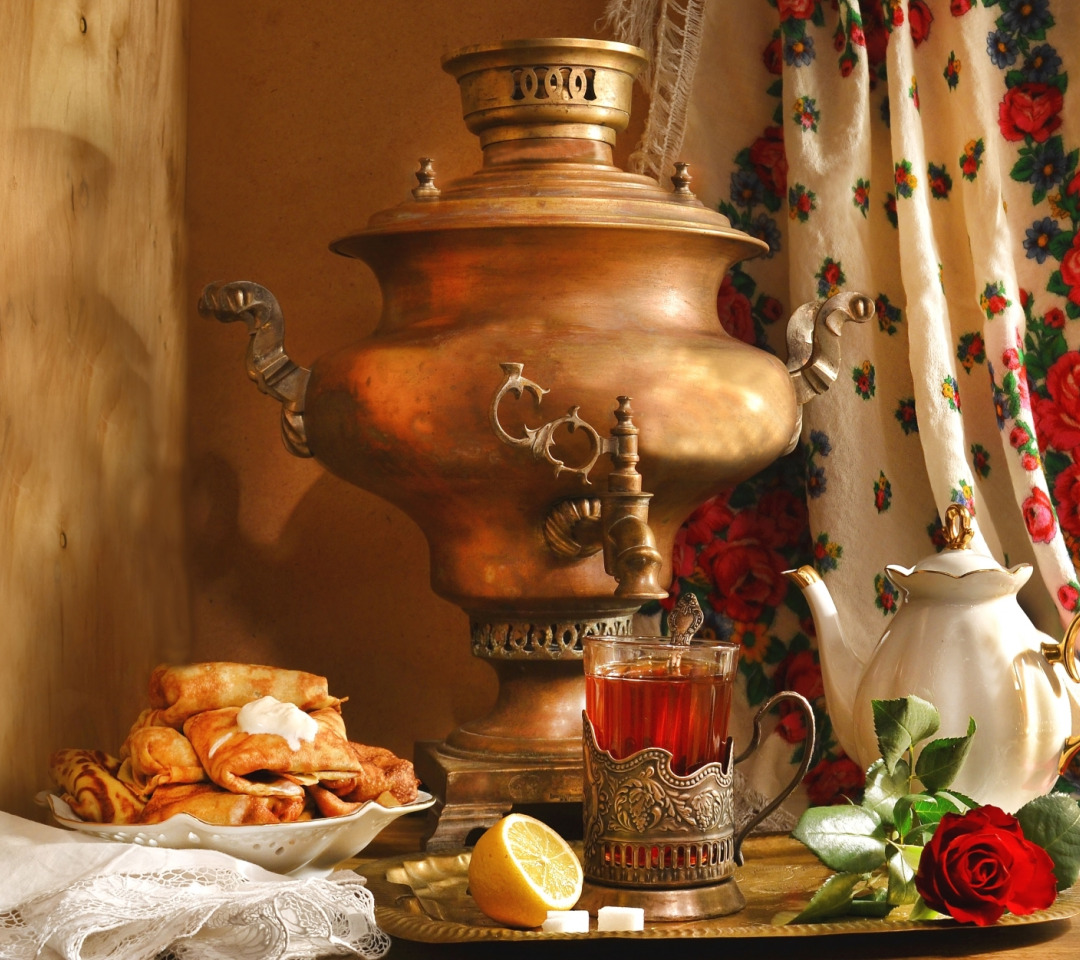
Video: how to polish a samovar with your own hands
